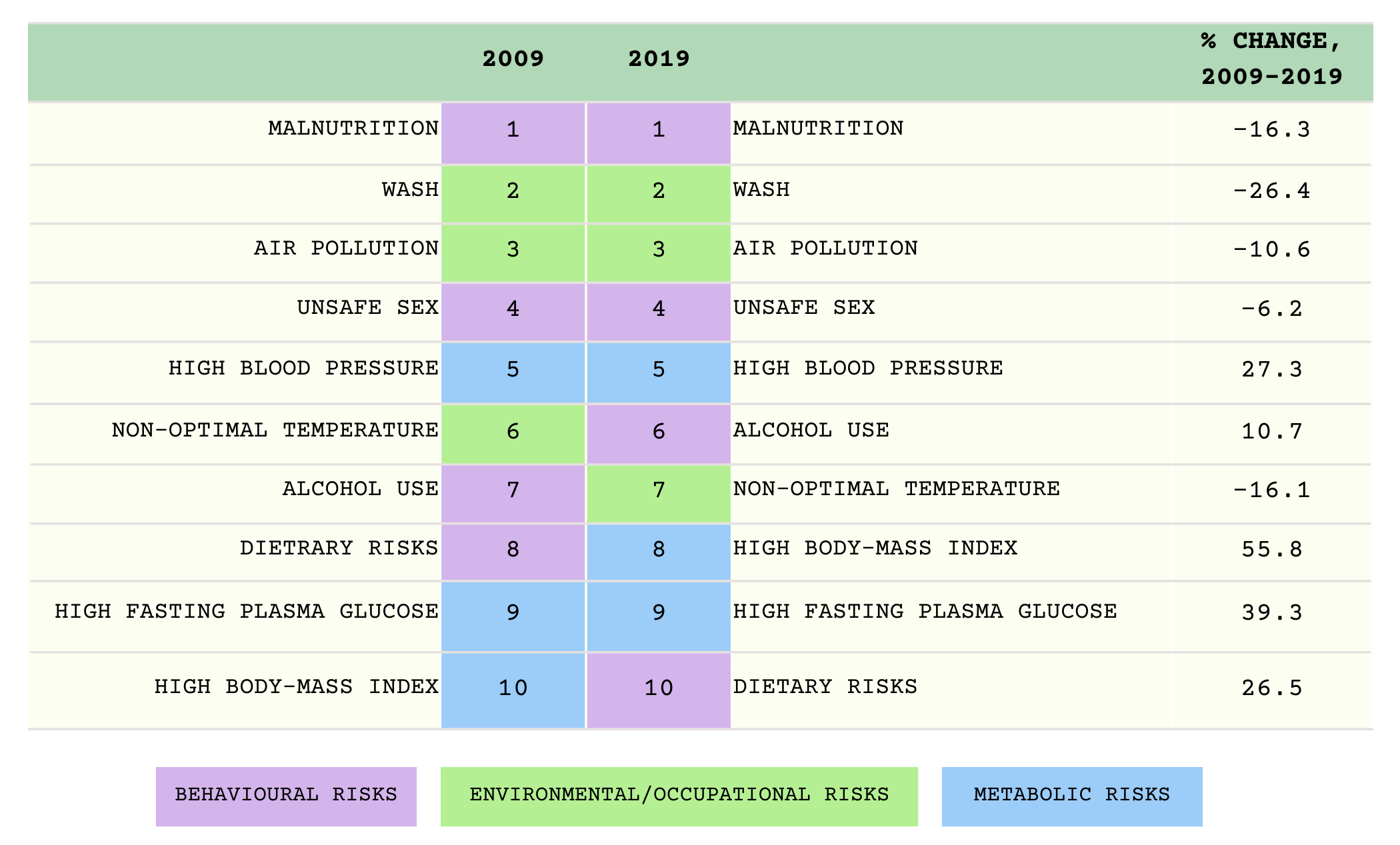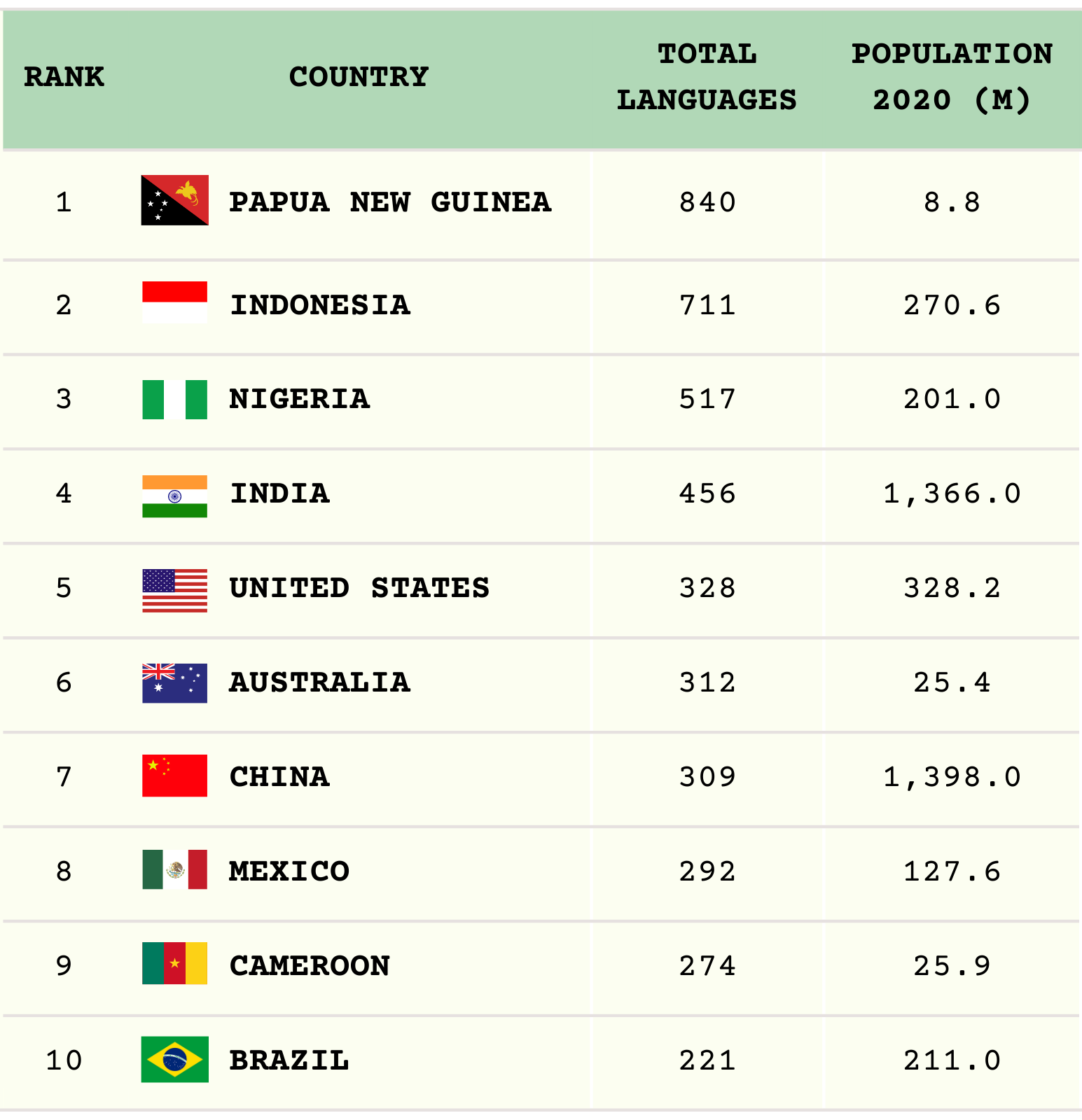The 2023 general elections have again brought forward the discussion around ethnicity and the strained relationship between Nigerians. As Nigeria evolves, the definition of kin must become less related to language and states of origin but to the shared risk from the effect of the decisions made by the administration in power.
Several years ago, while living in New Zealand, I travelled to the Nigerian High Commission in Canberra, Australia to renew my passport. At the embassy, I ran into another Nigerian who, like me, had arrived from a different city in New Zealand. He was a PhD student at a university in New Zealand that was working with the Gombe State university on researching the unique ecology that existed in parts of the Nigerian Middle Belt. We swapped stories and bonded at the embassy waiting area. After a while, he suggested we go ‘greet’ the ambassador.
‘Greet ambassador ke,’ I responded, bewildered that a senior Nigerian government official would be open to meeting two random people from New Zealand. Turned out I shouldn’t have been surprised: Ambassador Ayoola Olukanni, Nigeria’s high commissioner to Australia at the time was the most gracious and welcoming Nigerian diplomat you could ever meet. He ushered us in and helped us feel welcome. He chatted with us and promised we’d get our passports the same day. As we left his office, he apologized that he couldn’t take us to lunch and proceeded to press some Aussie dollars into our hands. He then insisted we take a picture to preserve our memory of the day.
As my new acquaintance and I headed to lunch, I marvelled with him at how congenial the ambassador was and how good it felt to be welcomed as a Nigerian. At lunch, I inquired about my friend’s plans for the night. It turned out that he was looking for a place to stay before his flight back to New Zealand the following day. Still buzzing from the kindness and generosity of the high commissioner, I offered my new friend a share of my small motel room. After lunch, we returned to the high commission where, as promised, our new passports were waiting for us. The next day, I drove my friend to the airport before sightseeing in Sydney ahead of my flight back to New Zealand.
As I look back on the photo commemorating this episode, I realize that at no point did we distinguish ourselves based on ethnicity. I’m Ibibio, my PhD friend from Gombe State speaks Hausa and the high commissioner is a Yoruba man. None of that mattered in the moment; we were all Nigerians and the leader amongst us united us and made us feel like kin.
ETHNIC TENSION
As I write this, young urban Nigerians have been introduced to a political consciousness that promotes ethnic division, mistrust and hate. Following the 2023 elections, Nigeria’s electoral process has stoked significant ethnic tensions in a time where many young people identify first as Nigerians before our ethnicities. Citizens, from my generation and the following years, were born in urban areas to inter-ethnic families with friends and colleagues from all over the country. The persistence of ethnic sentiments seems like an anachronism that has no place in today’s modern and interconnected world; yet tribalism still exists. How can we explain this propensity for tribalism in today’s world? Is there room for us to evolve past it?
In the 1960s, British evolutionary biologist, William Hamilton, proposed the theory of kin selection to explain the gaps in Charles Darwin’s theory of natural selection, but in relation to the existence of altruism. In Darwin’s theory, nature selects organisms that are only fit for survival. To reproduce and pass on one’s genes, selfishness is the best strategy. In a jungle race against a predator, the animal that ignores others and runs faster than the slowest animal survives to reproduce. In nature, however, many altruistic organisms exist that don’t reproduce but instead work in favour of the group. Worker bees are a classical example of this. These bees work to ensure the queen bee is more successful at reproduction than they are.
Hamilton, via his eponymous rule, demonstrated mathematically that family members who share the same gene are just as well served by protecting and serving their kin to increase the chances of the family gene persisting in the gene pool. In practical terms, this means that your contribution to the future gene pool is well served not just by having children but also by making sure your nieces and nephews survive to reproduce.
This is the origin of the word nepotism, derived from the Latin word ‘nepos’ for nephew, which described childless popes and bishops appointing their nephews into important positions. You and your siblings share about 50 per cent of your genes. Your siblings’ children, nephews and nieces, will thus share about 25 per cent of your genes. It’s thus a win for your family’s gene pool if the group work together to ensure more children in the group survive to reproduce in preference of others. So, nepotism, the act of granting favours based on kinship, makes evolutionary sense.
In Neolithic Africa, around 3,000 B.C.our ancestors battled with difficult terrains and were always at risk of death from hunger and the wiles of nature. Collecting and keeping resources for your kin was a vital undertaking. As such, expanding societies needed a way to identify kin and prefer them over others. With language as our main tool for communication, it would stand to reason that groups would alter their language, dialects and even accents to easily identify kin and discriminate against usurping outsiders. The most difficult terrains would likely spur more language diversity as hard-fought resources need to be reserved only for kin via mutually unintelligible languages.
There is credence to this position. The most linguistically diverse country in the world is Papua New Guinea, a country in Oceania with just 8.8 million people yet has 840 languages. It turns out that Papua New Guinea has one of the world’s most difficult terrains. It’s mostly mountainous and to the present day, has a limited network of roads and highways connecting its major towns. A lot of the country lay undiscovered until well into the 20th century and around 40 groups of uncontacted people still exist there today.
The second country with the most languages is Indonesia. A country that is not too dissimilar in terrain difficulty to Papua New Guinea. Indonesia has 17,500 islands, many of which are not fully inhabited. Getting around the country is a nightmare. Taming the wild lands of these two countries and keeping them inhabitable was a herculean task. Only kin that shared similar genes were deemed worthy to partake in the resources that were garnered. I imagine that native Indonesians and Papua New Guineans evolved multiple diverse languages to keep resources for their own kin after they’d done the hard work of taming a new location. The mutually unintelligible languages helped them easily identify kin and maintain primacy over the resources.
It is no surprise that the third country on the language diversity list is Nigeria. In the book Formation which details the history of Nigeria, the authors detail the difficult terrain and environment of the region that went on to become Nigeria. They describe the independent communities and nation-states who spoke separate languages—despite being nearby—as resistant to collaboration. This mistrust exacerbated by the slave trade and social constructs of the time meant that you were much safer with kin than with outsiders and socialized to exclude usurping outsiders.
Today, Nigerians are left with this evolutionary propensity for nepotism exacerbated by our difficult terrain and history that’s been further ingrained by socialization. Many of us hate or distrust other ethnicities yet we cannot articulate exactly why. We easily adopt ethnic tropes that appeal to our ingrained emotions despite logical evidence to the contrary. If this is you, don’t feel bad, your genes and your history are betraying your better judgement.

What risk factors drive the most death and disability combined? Top 10 risks contributing to total number of DALYs In 2019 and percentage change 2009-2019, all ages combined.
This setup has provided an opportunity for opportunistic demagogues to exploit it for their own agenda. That agenda, however, runs counter to the origin of kin selection. When mankind began, we just wanted to keep scarce resources for our kin so that they could reproduce and keep our genes going into the future. Today’s demagogue, however, has no such interest in the success of the group. His fealty is to himself and his immediate family at best to the detriment of the larger group. It begs the question of whether it’s time to redefine kin away from just language and ethnicity. Our life today is very different to that of our ancestors who needed language, ethnic groups and peculiar cultures to easily identify who to share resources with. The threats back then were hunger and death from famine or wild animals respectively, or later in our history, the threat of marauding slave traders who spoke a different language. Today the risks to our lives are poles apart.
REDEFINING KINSHIP
Today, the risks to our lives mostly come from malnutrition, terrible water and hygiene, air pollution and terrible health and education services. All these are essentially a result of ineffective government and political representation. A result of politicians with loyalty to a select few—a tribe of elites, if you like. If we define kin not as someone who shares the same language as you but as someone who shares the same risks as you, the world starts to look like a different place. The politicians have figured this out, that’s why they band together and do deals irrespective of ethnicity, religion or state of origin. They know they are all one tribe of elites guarding against the populace.
Should the people take a similar approach, this would mean that my neighbour in Lekki who speaks Yoruba becomes closer kin to me than my second cousin twice removed in Ikot Ekpene who speaks Ibibio. As we transition to more urbanization, the definition of kin must become less and less related to language and states of origin but more to shared risk from the effect of the decisions of the people and administration in the geographical location we live in. The political choices my Lekki neighbour makes have a bigger impact on my potential wellbeing and survival than my Ibibio ‘brother’.
In light of my episode with the high commissioner, it was clear that in Canberra, we were all kin, bound by similar experiences, hopes and dreams. Most of all, we held the same passport that determined how we’d be treated every time we presented at the port of entry of any other country in the world. I propose a redefinition of ethnicity and kinship in modern Nigeria. Our kin are the people we share the effects of government with. We’re all one tribe: Nigerian⎈
The views, thoughts, and opinions published in The Republic belong solely to the author and are not necessarily the views of The Republic or its editors. We want to hear what you think about this article. Submit a letter to the editors by writing to [email protected].



